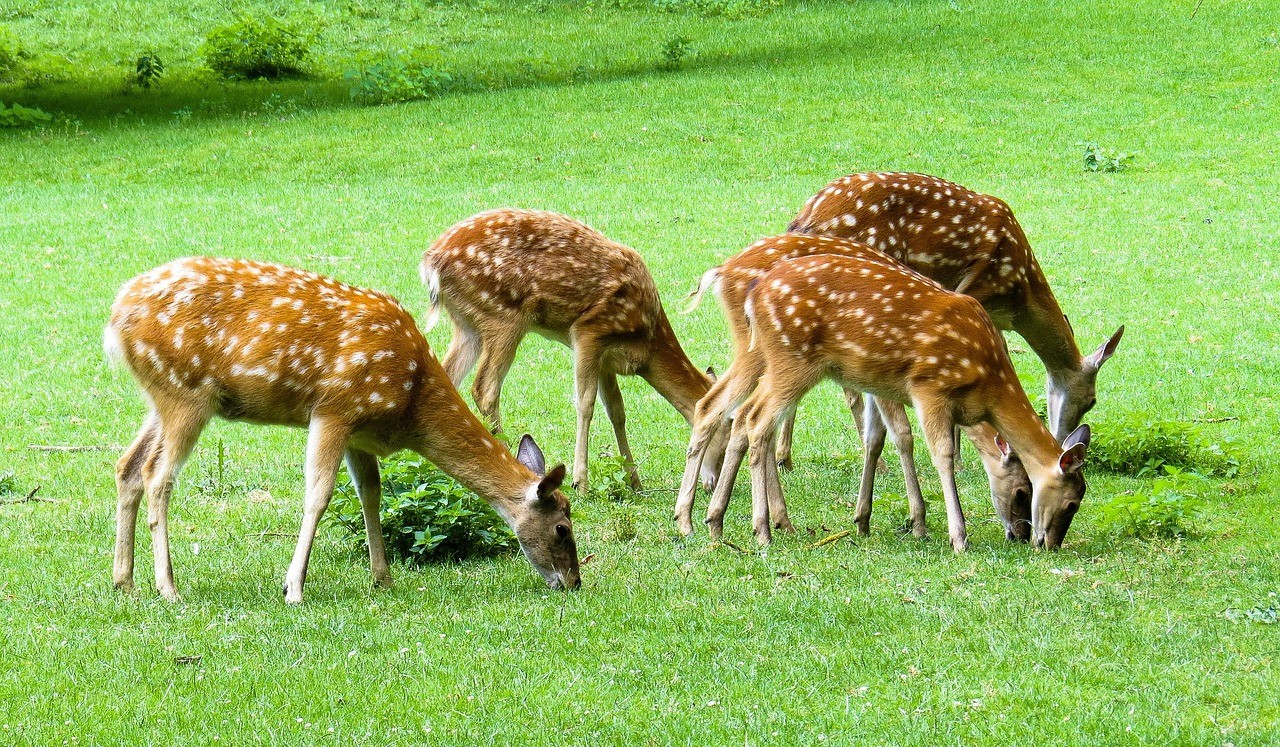Human interaction is preventing play in young animals, new research shows
A study led by Queen’s University Belfast reveals that human engagement with young wildlife is posing a significant threat to their willingness to play.

Published today in Animal Behaviour, the research was led by a team from the School of Biological Sciences and Institute for Global Food Security at Queen’s, who investigated how human disturbance affects play in approximately 600 fallow deer in Phoenix Park, Dublin.
The dramatic increase in human-wildlife contact is causing increased stress to animals in urban settings and can trigger behavioural change and displacement from their usual ranges. This research shows that such encounters additionally lead to a reduction in play behaviour among young animals.
Dr George Beckton Brown from Queen’s led the study, he said:
“Play is central to the physical, cognitive and social development of juvenile animals, and occurs when individuals are in a stress-free state. Consequently, young animals need time and space to express play behaviour.
“We investigated whether pedestrian activity at Phoenix Park in Dublin affected the play behaviour of resident fallow deer fawns. Our study illustrates that members of the public who approached fawns, reduced the probability of them playing.
“Additionally, we also found that fawns were far more likely to play in locations with fewer people, such as wooded areas and locations closed to the public.”
A reduction in play, not only impacts animal welfare, depriving young animals of positive emotional experiences, but also potentially impairs their broader physical and social developmental trajectories.
Dr Brown added:
“Our research is vital, as it emphasises the need for responsible human behaviour in shared wildlife spaces, such as public parks, animal sanctuaries and wildlife reserves.
“The public need to be made aware of the importance of maintaining appropriate distances from urban wildlife, allowing young animals the freedom to play and support their natural developmental processes.”
You can read the study in full here.
Media
For media enquiries, please contact Grace White, Strategic Communications Office: g.white@qub.ac.uk
